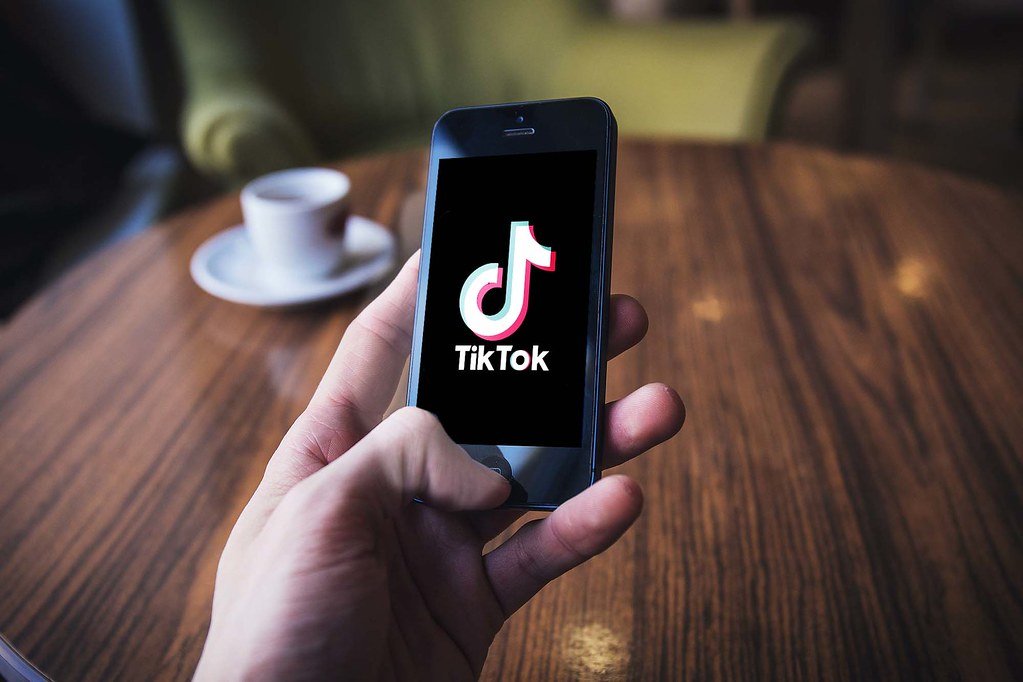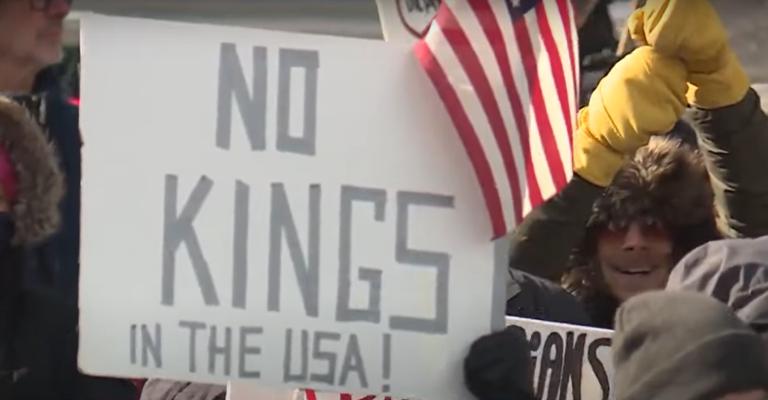
TikTok has asked the U.S. Supreme Court for an emergency injunction to prevent a new law that could ban the app in the United States, a move the company argues would violate First Amendment rights and disrupt the livelihoods of millions of users and businesses.
In a press release issued on December 16, TikTok revealed that it had filed an emergency application for a temporary injunction pending the Supreme Court’s review of the law. The company, which has more than 170 million American users, warned that the law, which mandates TikTok’s sale or a potential ban by January 19, 2025, would lead to “massive and unprecedented censorship” and severely harm both creators and small businesses that rely on the platform for income. See the full letter.
“The TikTok ban would result in devastating losses for small businesses, estimated to be over $1 billion in revenue, and creators could lose almost $300 million in earnings in just one month unless the ban is halted,” TikTok said in its release.
The company is calling on the Supreme Court to subject the law to rigorous scrutiny, highlighting concerns that it could set a dangerous precedent for free speech. TikTok argues that the law would unjustly suppress free expression for millions of Americans who use the platform to share and receive information.
Several prominent civil liberties organizations have thrown their support behind TikTok’s appeal, filing an amicus brief urging the Supreme Court to block the law. Among them are the American Civil Liberties Union (ACLU), the Electronic Frontier Foundation (EFF), and the Knight First Amendment Institute at Columbia University.
The brief criticizes the law for its potential to infringe on First Amendment rights, particularly the right to freely share information and ideas on TikTok. Patrick Toomey, deputy director of ACLU’s National Security Project, said, “The Supreme Court should take up this important case and protect the rights of millions of Americans to freely express themselves.” Legal experts argue that while the U.S. government has raised concerns about TikTok’s ties to China and the app’s potential threat to national security, it has yet to provide concrete evidence that banning TikTok is the only effective way to address those concerns. The ACLU’s Toomey emphasized that the government should meet an exceptionally high bar to justify such sweeping censorship.
The legal dispute stems from a law signed into effect by President Joe Biden in April 2024, following bipartisan concerns over national security risks linked to TikTok’s Chinese ownership. Critics of the app, including some U.S. lawmakers, argue that TikTok could be used by the Chinese government to collect American users’ data or spread propaganda.
However, TikTok and its supporters have raised alarms about the potential consequences of such a ban. Legal experts contend that imposing such a broad restriction on free speech, especially in the absence of clear evidence of national security threats, is a dangerous move for democracy. They point out that similar actions in authoritarian regimes have led to widespread censorship of foreign media.
TikTok’s potential ban is not only a free speech issue but also one that could drastically affect millions of content creators, small businesses, and consumers who rely on the platform. Many creators make a living by posting content on TikTok, and small businesses have increasingly turned to the app as a vital tool for marketing and sales.
However, TikTok and its supporters have raised alarms about the potential consequences of such a ban. Legal experts contend that imposing such a broad restriction on free speech, especially in the absence of clear evidence of national security threats, is a dangerous move for democracy. They point out that similar actions in authoritarian regimes have led to widespread censorship of foreign media.
Jameel Jaffer, executive director of the Knight First Amendment Institute, warned that restricting access to TikTok could set a worrying precedent for the regulation of social media platforms with foreign ownership. “Restricting citizens’ access to foreign media is a practice that has long been associated with repressive regimes, and we should be very wary of letting the practice take root here,” Jaffer said.
Stefanie Boyer, a marketing professor at Bryant University, noted that if TikTok is banned, creators and businesses would likely shift their efforts to other platforms, such as YouTube Shorts and Instagram Reels. These platforms, which offer similar video-sharing features, could quickly capitalize on TikTok’s departure.
However, some observers argue that if TikTok is blocked, users might turn to VPNs (Virtual Private Networks) to circumvent the ban, much as users in China have done to access blocked platforms. While VPNs could provide a workaround, they raise concerns about privacy risks and security vulnerabilities.
The Bigger Picture: Data Sovereignty and Global Tech Policy
The debate over TikTok also raises broader questions about data sovereignty, digital rights, and national security in the global digital economy. Some experts argue that banning a platform like TikTok without addressing the underlying issues of data privacy and security could have far-reaching consequences for the tech ecosystem, both in the U.S. and globally.
Tech lawyer Jamie E. Wright warned that the outcome of this case could shape the future of U.S. relations with other countries regarding technology and data privacy. “If the ban goes through, it will also set a precedent on how social media platforms with foreign ownerships would be treated in the U.S.,” Wright said.
Moreover, the lack of a comprehensive federal data privacy law in the U.S. has prompted many to call for more robust protections for user data across all social media platforms. Tech lawyer Star Kashman noted that a ban on TikTok would not address the root causes of privacy concerns, which could be better managed through a federal data privacy law similar to the EU’s GDPR framework.
TikTok’s request for an emergency injunction is now in the hands of the U.S. Supreme Court. If the Court decides to take up the case and rule in favor of TikTok, the ban could be delayed or even blocked entirely. However, if the Court declines to intervene, TikTok could face a looming deadline of January 19, 2025, when the law is set to take effect.
As the legal battle continues, the outcome will have profound implications not only for TikTok’s future but also for the broader debate about platform governance, free speech, and the role of foreign-owned technology companies in the U.S.
For now, TikTok’s fate remains uncertain. What is clear, however, is that the ongoing debate over the app’s future is far from over—and it is one that will likely shape the future of social media regulation and digital rights for years to come.


